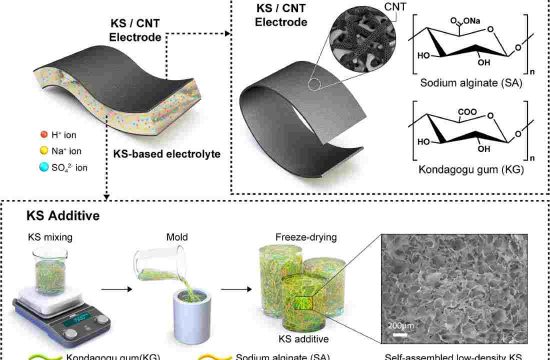 A new study adds to growing evidence that the Mediterranean diet has a positive impact on brain health.
A new study adds to growing evidence that the Mediterranean diet has a positive impact on brain health.
The study, led by researchers at the University of Edinburgh found that older adults who closely followed a Mediterranean diet retained a greater amount of brain volume over three years than those who did not.
The Mediterranean diet is characterized by moderate amounts of wine, fish and dairy, and large amounts of beans, grains, fruits, vegetables, and olive oil.
Investigators evaluated dietary habits of 967 healthy Scots, around the age of 70. MRI brain scans were taken of 562 participants, with an average age of 72, to determine thickness of the outer brain layer (cortex), gray matter volume and overall brain volume. Of those people, 401 participants then had a second MRI three years later at age 76. The results of the scans were compared to the participants’’ diet and how closely they adhered to a Mediterranean diet.
Those that followed the diet more closely were more likely to have less loss of total brain volume over three years. The Mediterranean diet had an effect that was half the size of that caused by normal aging, or explained 0.5 percent of the difference in total brain volume, even after the researchers adjusted for other factors such as diabetes and education.
Changes to cortical thickness and gray matter volume were not related to the Mediterranean diet, according to the findings.
Interestingly, contrary to earlier findings, the scientists found that eating meat and fish were not linked to brain changes.
“It’s possible that other components of the Mediterranean diet are responsible for this relationship, or that it’s due to all of the components in combination,” said study author Michelle Luciano, Ph.D., of the University of Edinburgh in prepared statement.
The current study followed participants over a period of time, while earlier research evaluated brain measurements at one point in time, she noted.
“In our study, eating habits were measured before brain volume was, which suggests that the diet may be able to provide long-term protection to the brain,” Luciano said. “Still, larger studies are needed to confirm these results.”
A 2016 study, performed by researchers from the University of Auckland in New Zealand linked eating a Mediterranean diet with a lower risk of heart attack and stroke in heart patients.
Another study, published in October of 2015, from Columbia University found that eating a Mediterranean-like diet could equal five fewer years of brain shrinkage.
The current findings were published Jan. 4 in Neurology.
Source: biosciencetechnology.com








